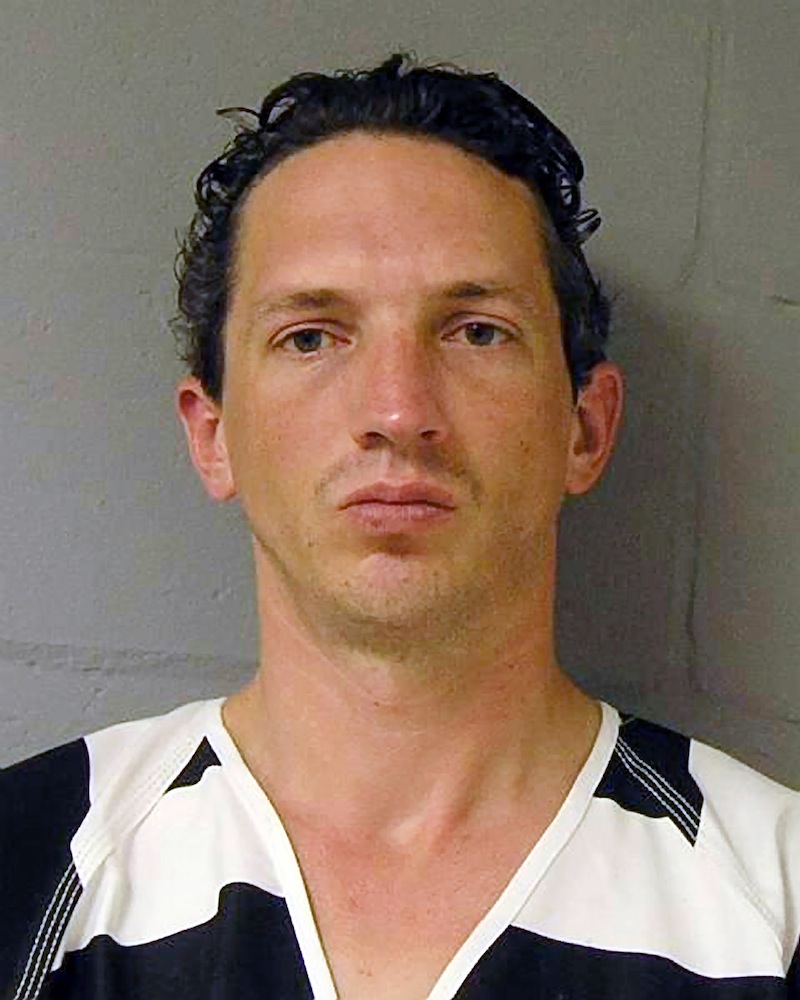ANCHORAGE, Alaska – Even before he was charged in the slaying of a young barista, Israel Keyes bluntly told authorities in Alaska he would talk about other victims, but only on his terms.
Among the demands issued by the confessed serial killer: He wanted an execution date, not to languish in a maximum security federal prison. During an April 6, 2012, interview, Keyes made his wish known after federal prosecutor Kevin Feldis asked him to specify what his demands were. “Tell me what you want,” the prosecutor said. “I don’t know what you want.”
Keyes said he wanted everything wrapped up one year from that date. “If I went to trial on these and got convicted, no jury in the U.S. would not vote for the death penalty for me,” Keyes said. “I already know that.”
His driving motivation for his execution appeared to be protecting his daughter. “I’ll tell you about everything, I’ll plead guilty to whatever, I’ll give you every single gory detail you want, but that’s what I want, because I want my kid to have a chance to grow up,” he said.
“She’s in a safe place now, she’s not going to see any of this. I want her to have a chance to grow up and not have all this hanging over her head,” he said.
Audio tapes of 13 interviews involving the FBI, prosecutors and Anchorage police were released this week after the Alaska Dispatch, an online news organization, asked the court to unseal them. The interviews were conducted between April 2, 2012, and late July.
In the end, Keyes didn’t tell prosecutors everything.
Keyes, 34, committed suicide in his jail cell in December as he awaited a federal trial in the death of 18-year-old Samantha Koenig, who was abducted February 2012 from the Anchorage coffee stand where she worked. Alaska prisons officials say Keyes was a segregated inmate who had been mistakenly issued a razor before he slit his left wrist and tied a noose around his neck and right foot.
Keyes confessed to killing Koenig and at least seven others, including Bill and Lorraine Currier of Essex, Vt., and investigators believe there could be more victims.
Keyes, who was at one time a Maine resident, drove to Maine after the killings, before heading back west and stopping in New Hampshire to burn some evidence.
Koenig and the Curriers were the only victims named by Keyes, leaving investigators with multiple unsolved cases.
FBI spokesman Eric Gonzalez said Tuesday investigators are still actively pursuing leads on possible victims, but there have been no major breakthroughs.
Investigators concluded Koenig was raped and strangled. Her body was left in a shed outside Keyes’ Anchorage home for two weeks while he went on a cruise.
The kidnapping gripped the city as investigators held out hope that she remained alive.
Send questions/comments to the editors.



Success. Please wait for the page to reload. If the page does not reload within 5 seconds, please refresh the page.
Enter your email and password to access comments.
Hi, to comment on stories you must . This profile is in addition to your subscription and website login.
Already have a commenting profile? .
Invalid username/password.
Please check your email to confirm and complete your registration.
Only subscribers are eligible to post comments. Please subscribe or login first for digital access. Here’s why.
Use the form below to reset your password. When you've submitted your account email, we will send an email with a reset code.